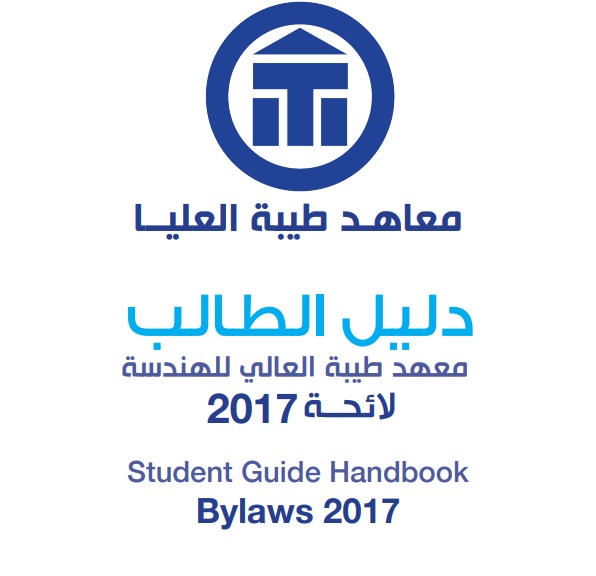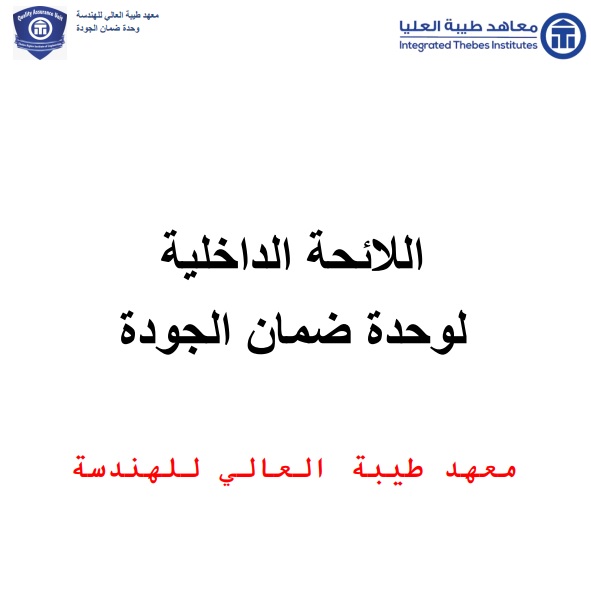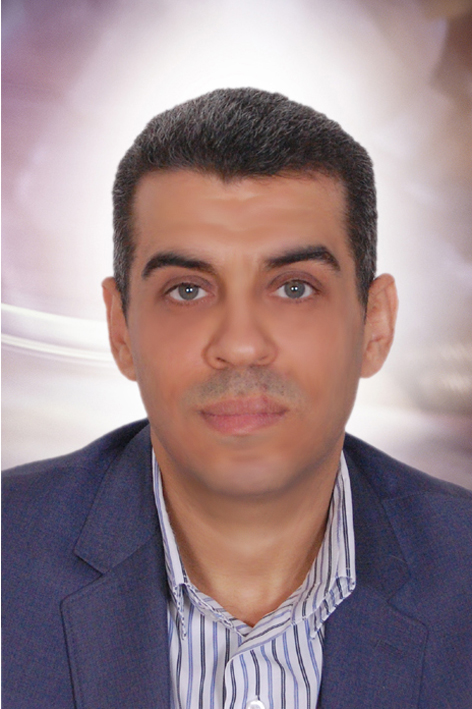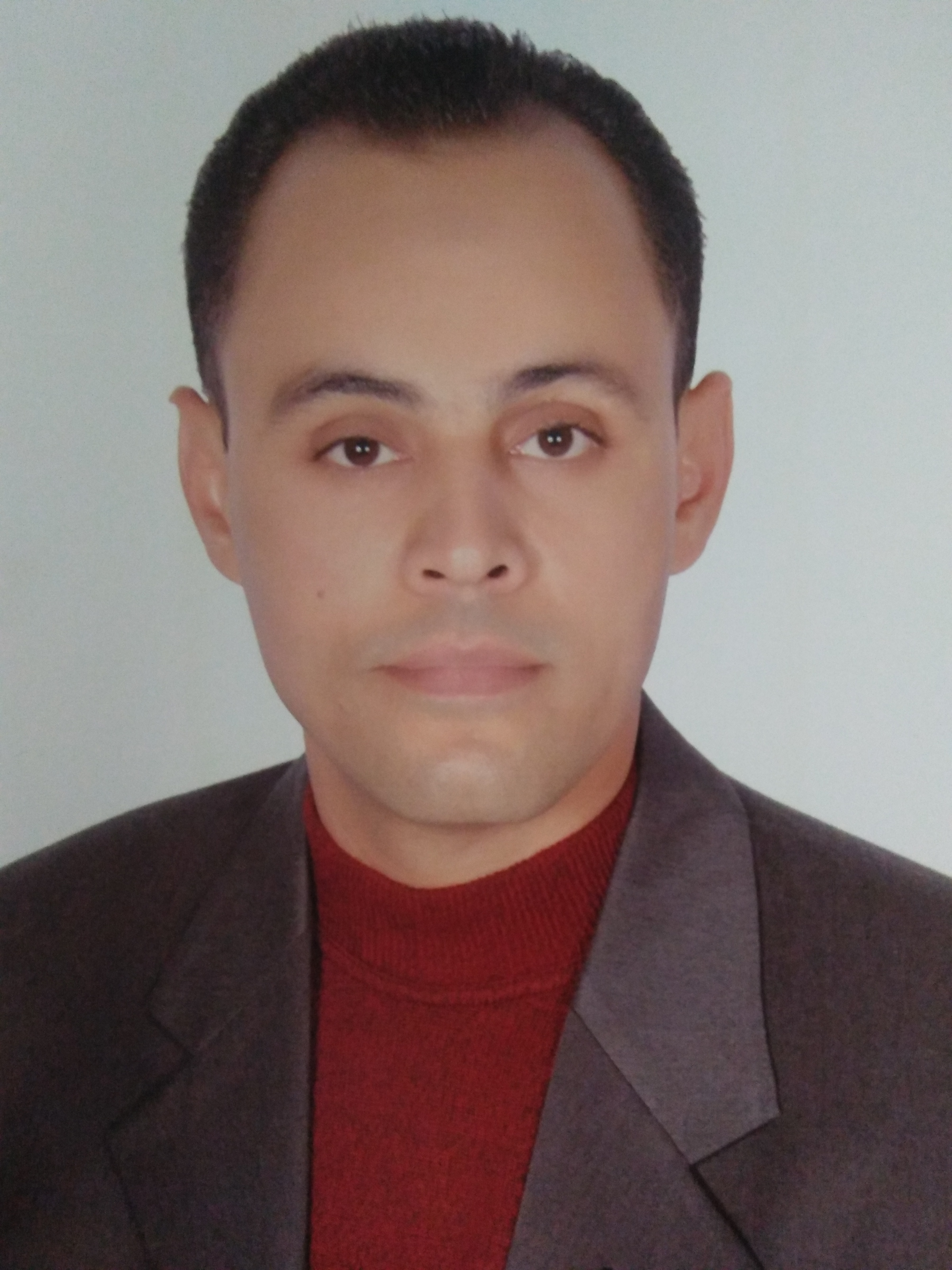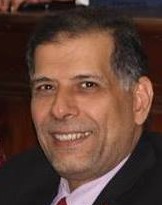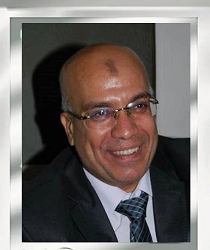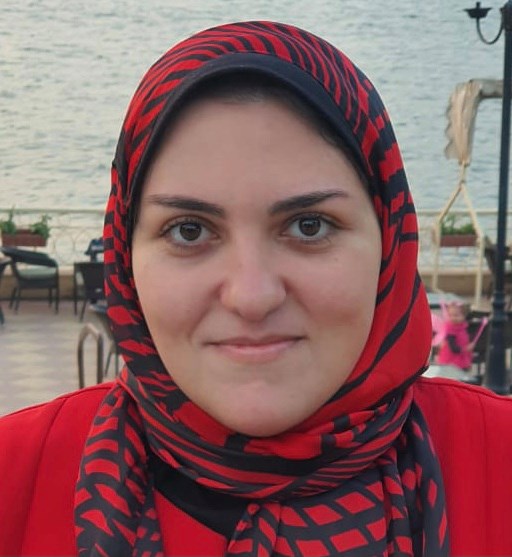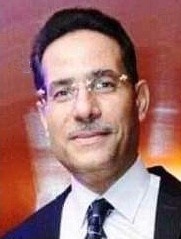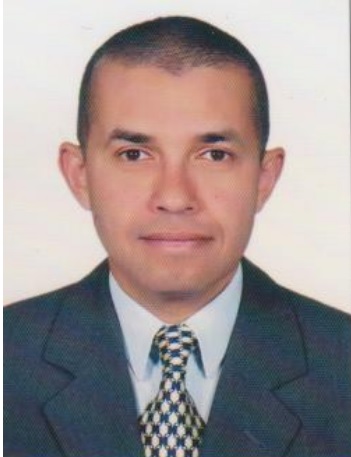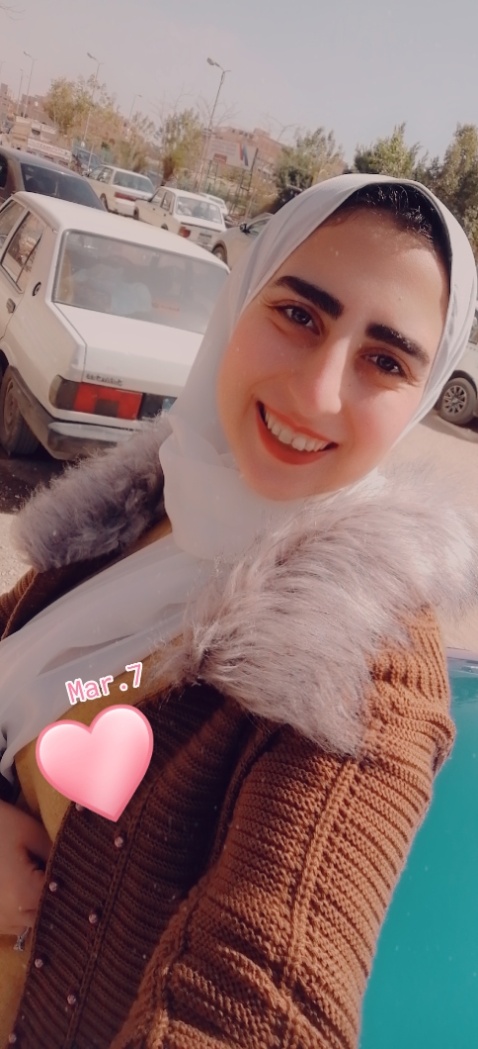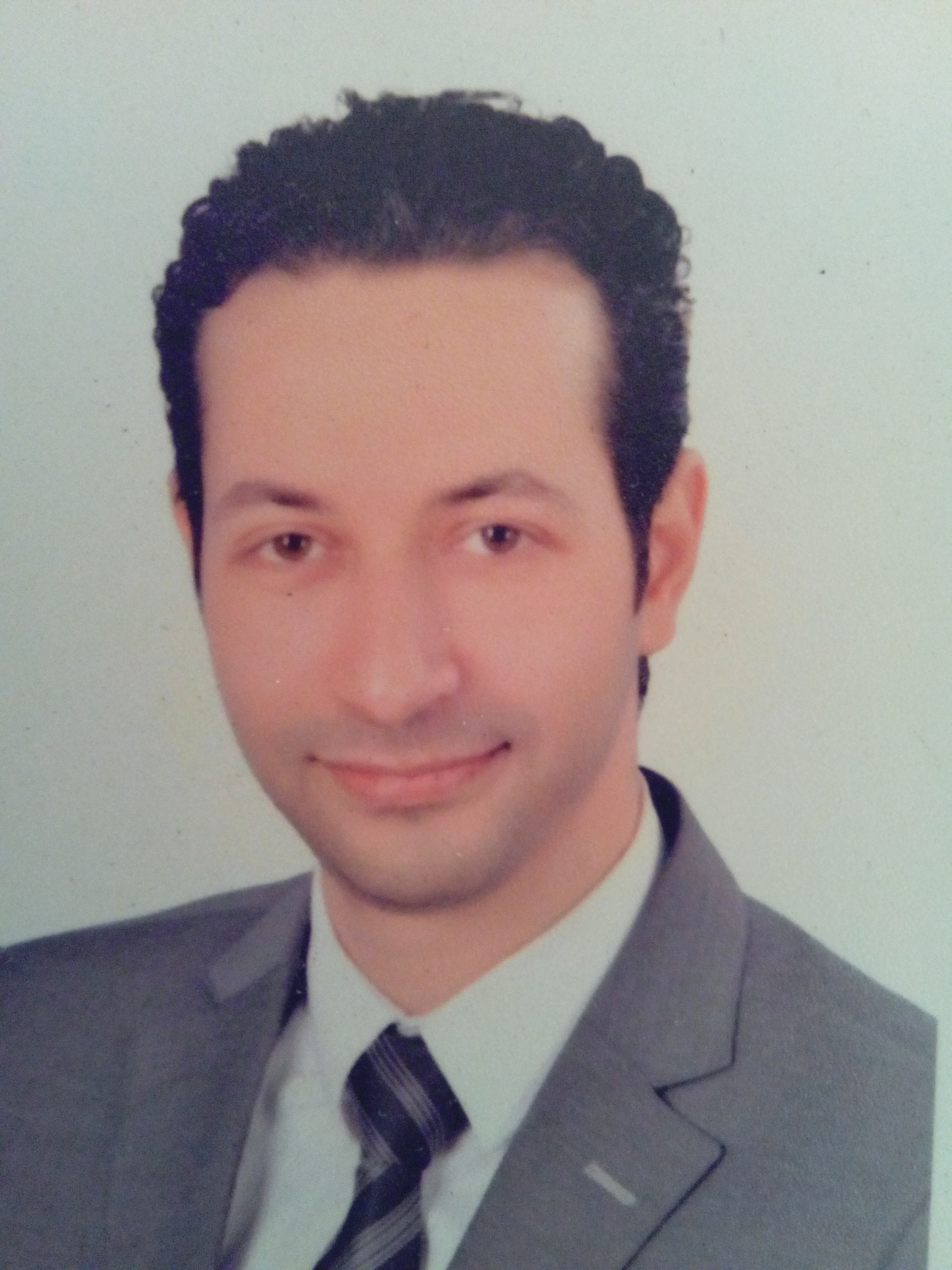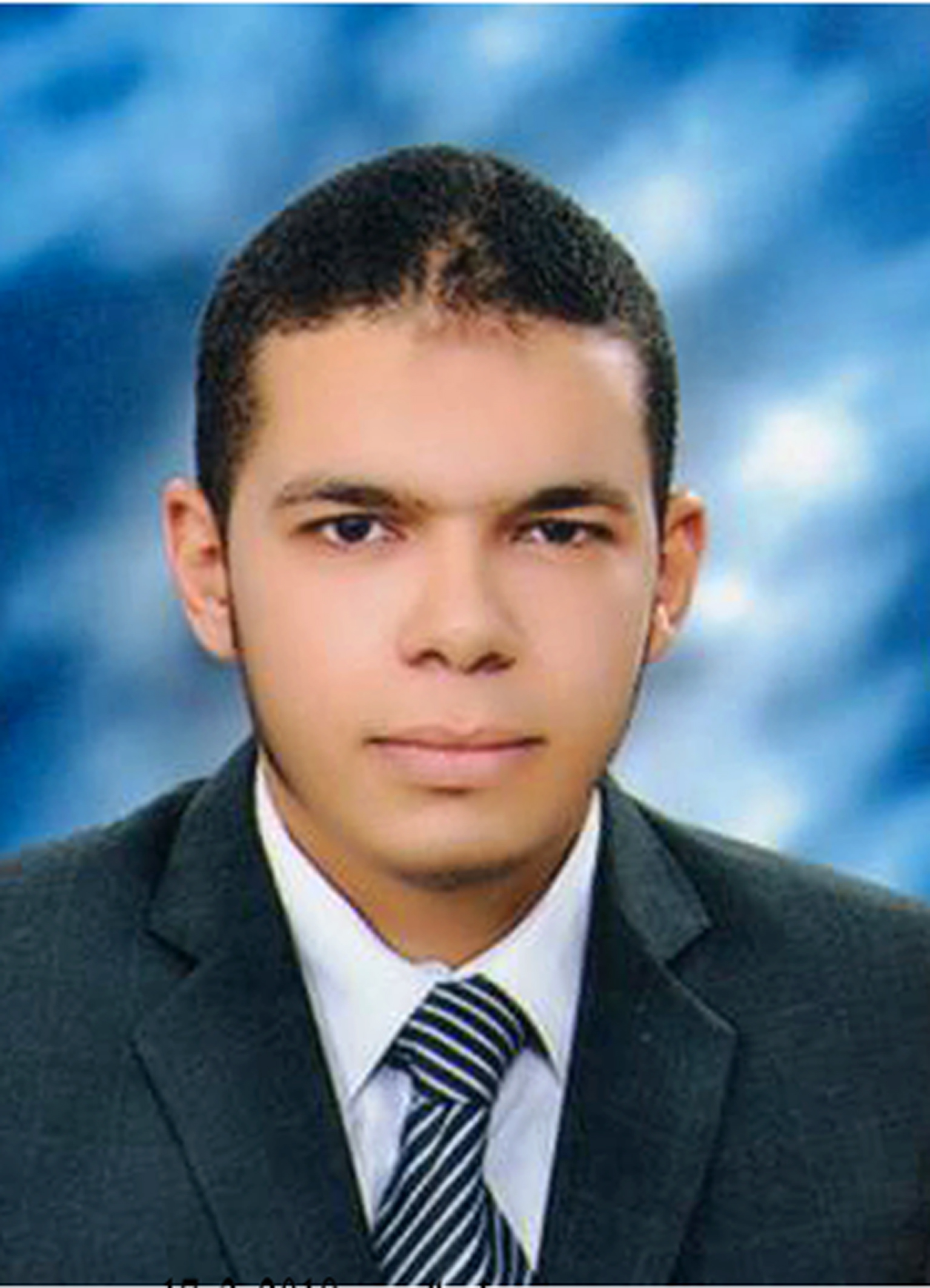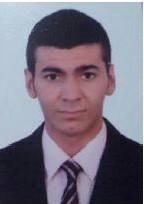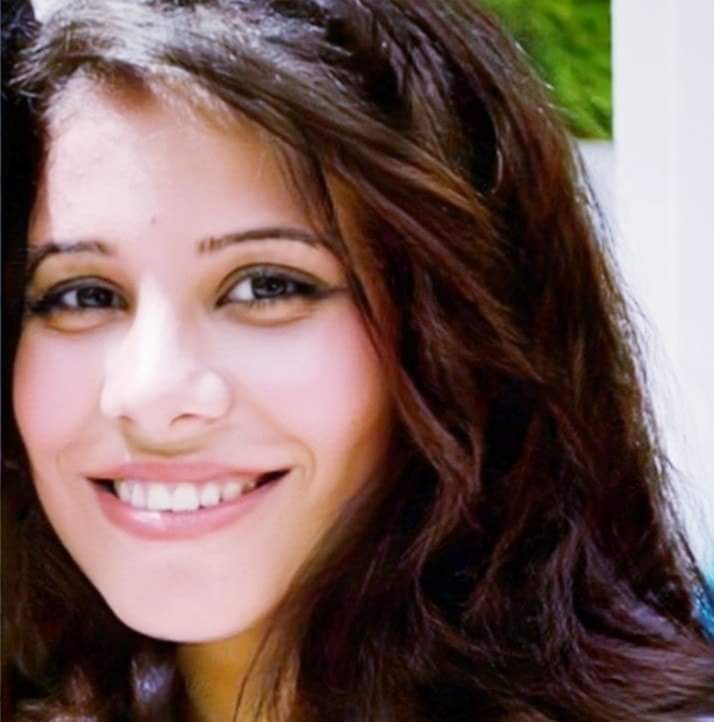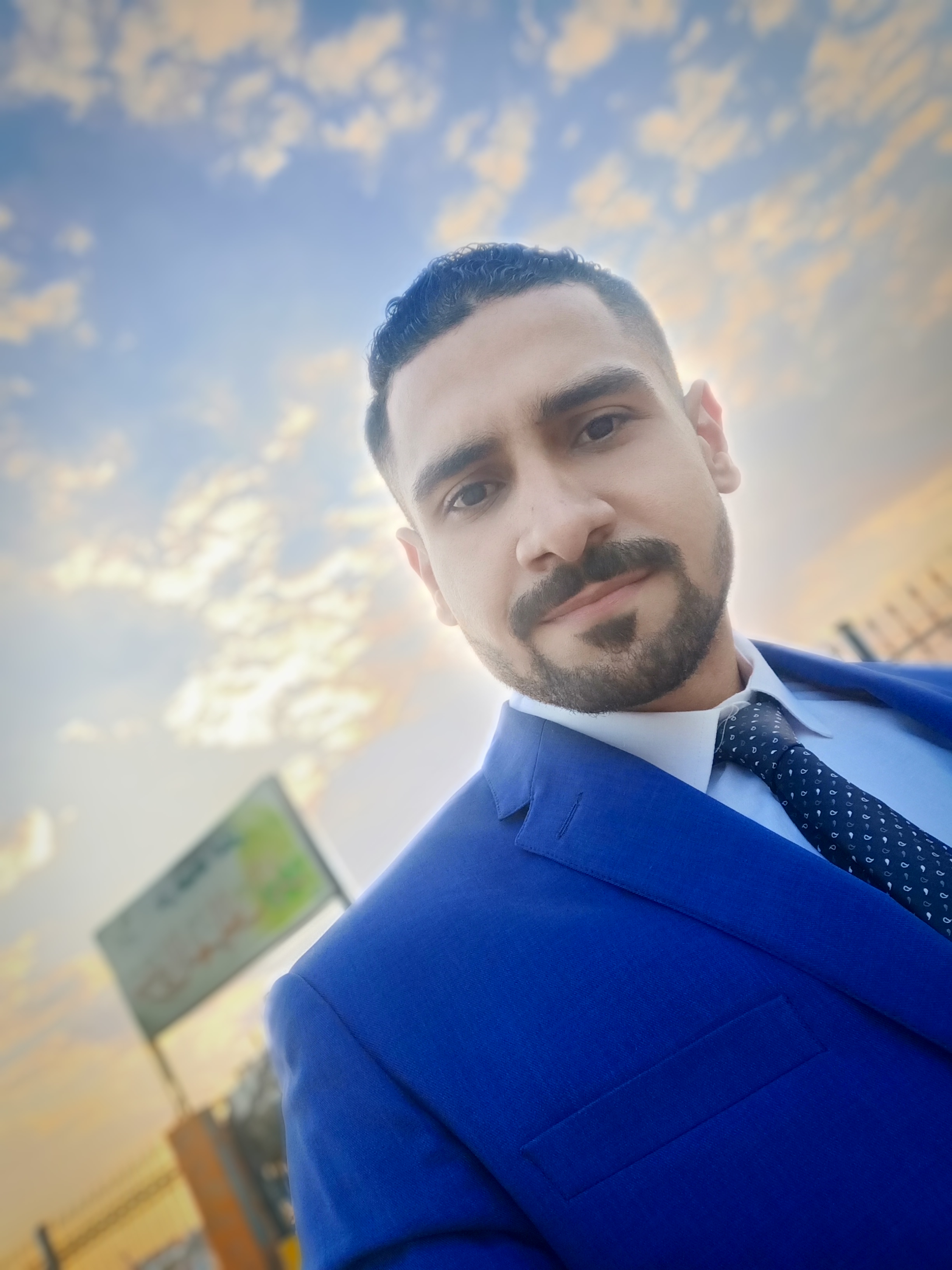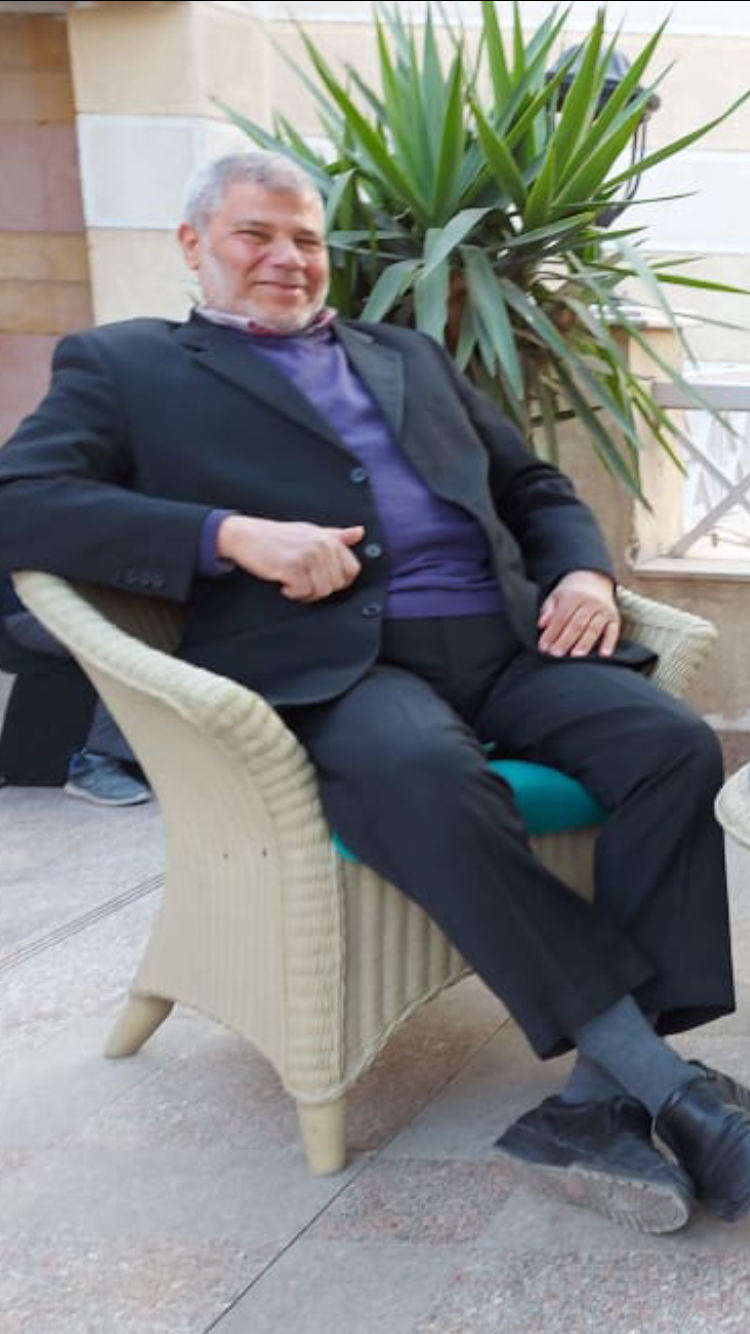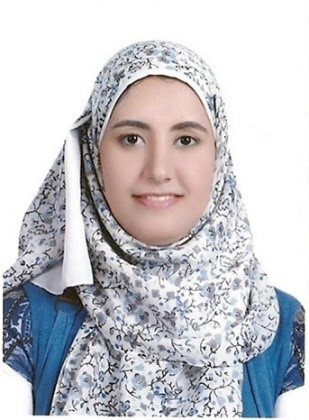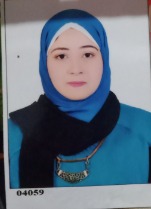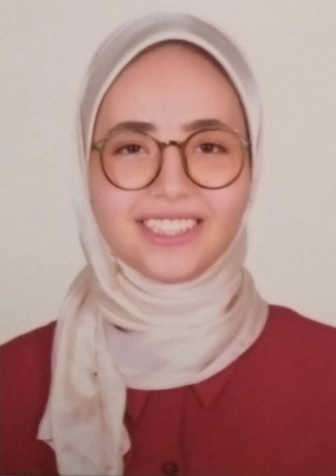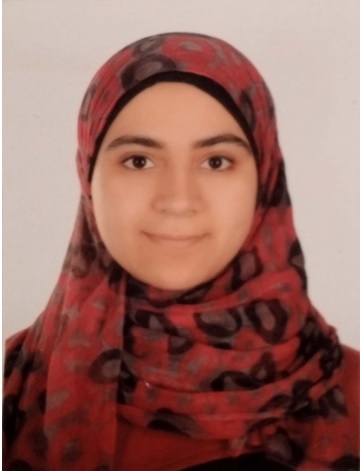-The study period at the institute is five years in order to obtain a bachelor's degree in Engineering according to the semester system.
Acceptance and transfer system
Based on the provisions contained in the Universities Organization Law, students must be enrolled in the institute obtain the following qualifications:
• High school science sport or the equivalent of Arab and foreign certificates.
• Industrial secondary system 3 years.
• Industrial secondary system 5 years.
• Diploma of industrial technical institutes.
-That the medical examination proves that he is free from contagious diseases and is fit for further studies.
-To be of good conduct and reputation.
-The student must study full time at the institute.
.Transferring students and transferring their registration
It is permissible to transfer students to the institute from university colleges or similar institutes within the republic in accordance with the controls decided by the Institute’s Board of Directors and in a manner that does not contradict the controls established in the law regulating private higher institutes. And in a manner that does
not conflict with the institutes list issued by Resolution 1088 of the year 88 in accordance with Ministerial Resolution No. 1078 of the year 91.
It is permissible to transfer the student to a higher level than the first level in any of the university colleges or from an institute to a non-corresponding institute, provided that he has obtained the minimum total of grades reached by the admission to the institute to which the transfer is requested in the year he obtained the certificate or the current year, whichever is better for the student With the approval of the deans of the two institutes, in this case, the student’s enrollment in the first study levels at the institute.
It is also permissible to transfer the enrollment of dismissed students without disciplinary methods from the military colleges or the police college to count the authority for military life or those dismissed to exhaust the repetition times of the institute recruited in the first year for the student.
And that the application for admission was submitted in the academic year during which the student was dismissed, or in the following academic year at most, if his dismissal took place after the start of the study at the institute in the year preceding his submission of the enrollment application.
The applicant may be re-registered in the following cases:
1. The new student who completes his registration procedures for an acceptable excuse.
2. The student who withdrew his papers while he was enrolled in the institute and provided an excuse.
3. The student who did not apply to the Coordination Office in his secondary school year with an acceptable excuse. In all cases, the year of failure is considered the year in which the student elapses without enrolling himself in it.
The institute also accepts students who have exhausted their failing times in the following colleges and institutes according to the following rules:
1.He must be enrolled in the college or higher institute in the academic year preceding the year in which he joined the institute.
2. He must have a high school diploma or its equivalent on a total that qualifies him to join the institute in the year he obtained that certificate or in the year of his enrollment in the institute, whichever is better for the student.
3. The enrollment of these students in the first year shall be freshmen, and the papers of these students shall be submitted to the institute to be sent to the competent department at the ministry, and their admission shall be with the approval of the Institute’s Board of Directors.


